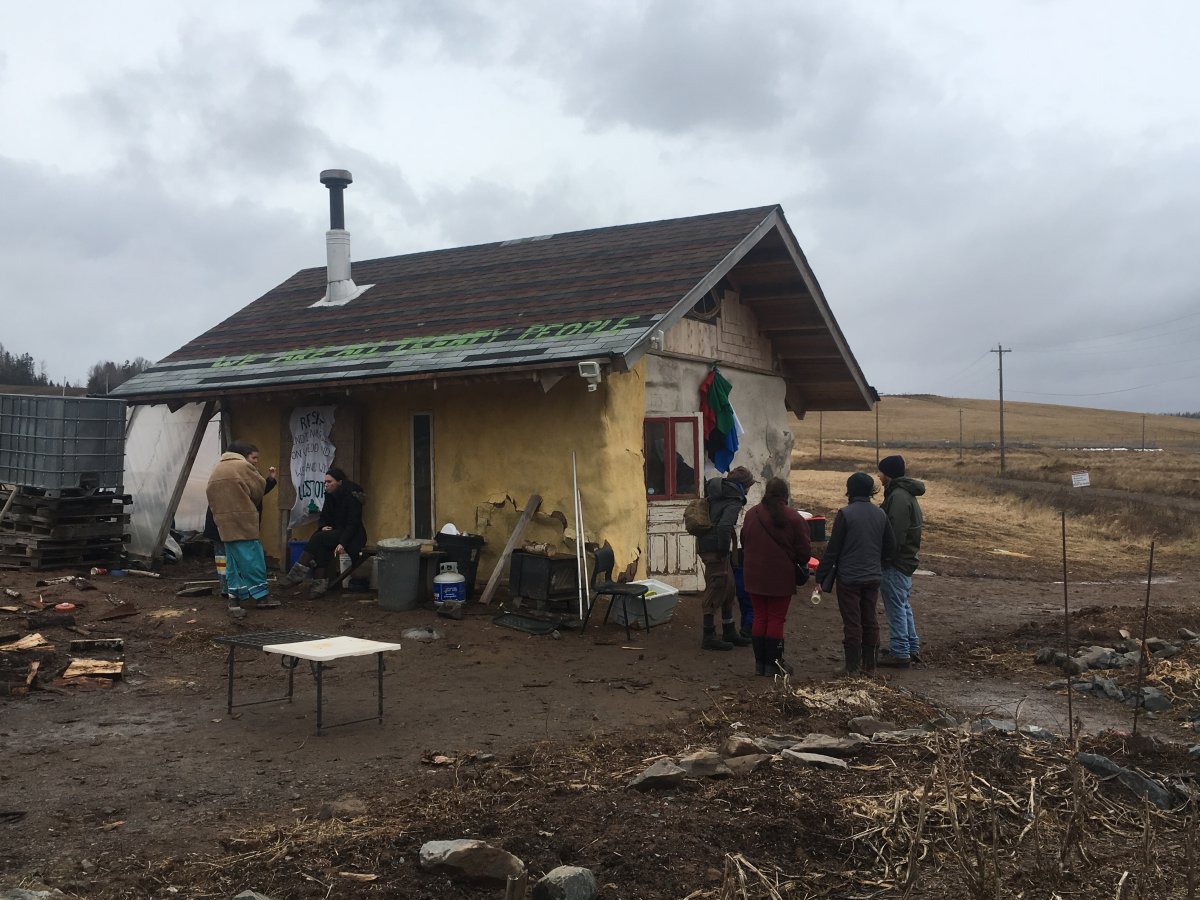Lawyers defending the provincial government say the Sipekne’katik First Nation’s dissatisfaction with consultation on the Alton Gas project is unsupported by evidence and due to its own conduct.

Department of Justice lawyer Sean Foreman made the argument in the Nova Scotia Supreme Court on Wednesday, during the community’s appeal to have the project approval overturned, and additional consultation conducted between its members and the province.
The Sipekne’katik First Nation maintains that Aboriginal, treaty and acclaimed rights to the land and water where Alton Gas build its natural gas storage project were not meaningfully addressed during the consultation process.
Foreman told Justice Frank Edwards that provincial officials took part in months of deep engagement with the community, but were met with a pattern of “uncooperative behaviour.”
“Stating, as they did, that on-the-record consultation only takes place when they say so is clearly unreasonable,” he argued.
“They’re entitled to oppose, what they cannot do is strategically frustrate the consultation process as part of that opposition.”
READ MORE: Mi’kmaq community in N.S. appeals approval of Alton Gas facilities
Alton Gas’s project lies on unceded Indigenous land in Fort Ellis, N.S., on the banks of the Shubenacadie River. If constructed, the Alberta-based company would store natural gas in underground caverns, releasing tens of thousands of tonnes of salty brine into its waters in the process.
The company has repeatedly referenced scientific studies proving no harm would be done to the ecosystem and a record of engagement with Mi’kmaq communities, but these efforts have not quelled environmental or sovereignty concerns from many Indigenous rights holders.
On Tuesday, Sipekne’katik First Nation lawyer Raymond Larkin argued that in her 2019 approval of the project, then-environment minister Margaret Miller failed to prove she understood the level of consultation required for the project, or that the Crown had met that benchmark.
“Essentially the error was that the minister, in her decision, focused only on environmental impacts of the Alton Gas project, the brining into the Shubenacadie River,” he explained.
“But our submission was that what’s required is for her to consider how that relations to the Aboriginal and treaty rights that are involved.”

READ MORE: Nova Scotia First Nation loses bid to add new evidence in Alton Gas case
This is the Sipkne’katik First Nation’s second appeal related to the Alton Gas project; the community sought to overturn its 2016 approval by the province on the grounds that consultations were insufficient.
Miller dismissed that appeal, but in 2017, a Nova Scotia Supreme Court judge overturned her dismissal because the province failed to provide the First Nation with the necessary documents to make a proper appeal.
Last April, Miller again decided that Alton Gas had met all of its environmental and industrial requirements and that the Crown had appropriately consulted with Indigenous communities. That’s what launched the current judiciary review, which concluded on Wednesday afternoon.
Larkin urged the judge to make his decision carefully in a “constitutional rights” case that could become historic.
“Under the Environment Act, the judge’s decision in this case is final,” he told Global News. “There’s no appeal from it, so whatever he decides is going to then have to be followed by other judge’s of the court, so it’s a precedent.”
READ MORE: Contempt case of Indigenous women arrested at Alton Gas site delayed until April
During the proceedings, the province’s lawyer said the Sipekne’katik First Nation was inconsistent in its desire to include Alton Gas in consultations. In June 2015, Foreman said its lawyer wrote a letter to the province saying the community would not engage the proponent and deal solely with the Crown.
Seven months later, as the province was set to decide on the Alton Gas project, its chief wrote to the premier demanding “extensive engagement by Alton Gas,” he added.
In arguments on behalf of Alton Gas, lawyer Robert Grant cited numerous environmental accommodations its environmental assessment approval as evidence consultation resulted in meaningful outcomes. The company was also ordered by the province to work cooperatively with Mi’kmaw communities in the development of monitoring, science and review plans.
He further submitted that keeping the entire community informed of project developments and ongoing consultation is the responsibility of chief and council — not the Crown or the company. He questioned what could be accomplished in the 60 additional days of consultation Sipekne’katik is seeking from the courts.
“Sipekne’katik seems to acknowledge it did not have the right to consent to the Project (or the Industrial Approval specifically), but maintains that the Province had to “do better,” he writes in a brief filed to the court.
“It remains unclear what else, exactly, the Crown could do in a new consultation process in order to meet its duty to consult and accommodate, given Sipekne’katik’s approach throughout the 2014 – 2016 Process… None of the decision-makers who have reviewed this issue have found a breach of the Crown’s duty to consult and accommodate.”
With files from The Canadian Press




Comments